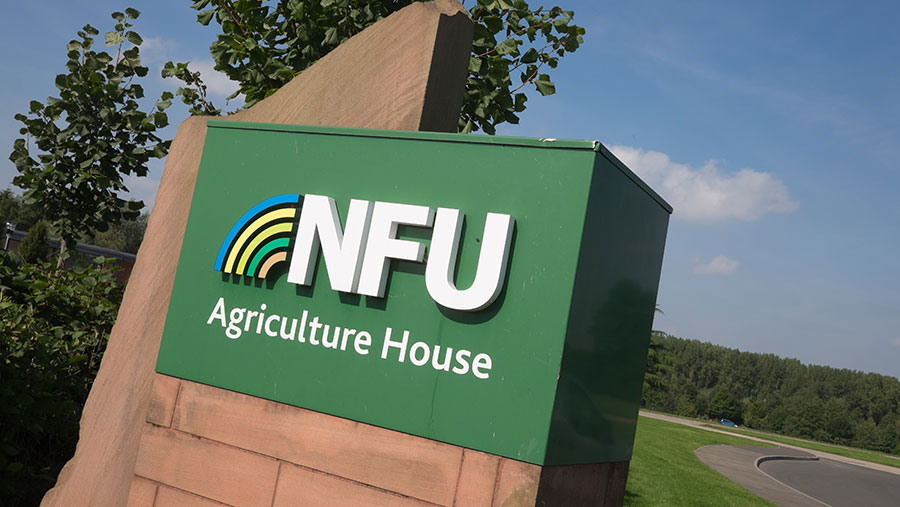[ad_1]

Authorities proposals to introduce minimal entry necessities to go to college reminiscent of a cross grade in sure GCSE topics would hit college students from ethnic minorities and poorer backgrounds, analysis has discovered.
Requiring college students to get a cross in English or maths to qualify for a scholar mortgage may exclude almost one in 4 black undergraduates, in response to an evaluation by the Institute for Fiscal Research (IFS) think-tank.
In February, the Division for Schooling (DfE) introduced a session on modifications to the upper schooling system in England, together with the potential introduction of minimal entry necessities for college.
The DfE is contemplating transferring to a system the place to entry loans, college students would wish a minimal of a grade 4 (equal to the outdated “C”) in English and maths GCSE, or two E grades at A-level.
Nonetheless, an evaluation by the IFS suggests such a transfer would widen the hole between wealthy and poor individuals going to college and “disproportionately have an effect on ethnic minority college students”.
For the 2011 and 2012 GCSEs cohorts, virtually one in 4 undergraduates who have been eligible at no cost faculty meals at age 16 wouldn’t have been capable of entry scholar loans had a GCSE English and maths bar been in place. This compares with 9 per cent of state faculty college students not on free meals, and solely 5 per cent of personal faculty college students.
An English and maths GCSE requirement would even have had a a lot greater affect on black, Bangladeshi and Pakistani college students than on white British college students.
Extra from Schooling
Round 7 per cent of white British undergraduates from state faculties would have been impacted by the GCSE English and maths requirement, and round 10 per cent of Chinese language and Indian college students.
In distinction, almost one in 5 (18 per cent) Bangladeshi and Pakistani college students would have been affected, and almost one in 4 (23 per cent) black undergraduates.
The IFS mentioned that if minimal entry necessities of two E grades at A-level have been used as an alternative, free faculty meal pupils and “sure ethnic minority teams would nonetheless be affected relative to different teams of undergraduates, however far fewer college students could be affected general”.
Amongst people from the 2011 and 2012 GCSE cohorts who attended college, round 10 per cent didn’t hit the GCSE requirement, in comparison with round 2 per cent who didn’t have no less than two E grades at A-level or equal.
The Authorities is consulting on the brand new necessities as a result of it says guaranteeing individuals “have attained the baseline expertise required to have interaction with and profit from the course” will result in higher outcomes for college kids.
However the IFS mentioned it could be a “blunt device” for driving up outcomes. It discovered that college students who don’t obtain these minimal {qualifications} have worse diploma outcomes than their friends, however “near 80 per cent nonetheless graduate and round 40 per cent achieve this with a First or Higher Second class diploma”.
Laura van der Erve, senior analysis economist on the IFS, mentioned: “A blanket minimal eligibility requirement would disproportionately affect college students who haven’t had the identical alternatives and help to fulfill the attainment threshold and would lead to a widening of socio-economic gaps in entry to college.”
A DfE spokesperson: “We now have extra 18 yr olds from deprived backgrounds going to college than ever earlier than. Our session is inviting views not on how we shut doorways, however on how we make sure that there are a lot of routes to enhance an individual’s profession and life alternatives – whether or not that’s guaranteeing college students are greatest ready for college by a basis yr or serving to them pursue an apprenticeship or additional schooling.
“It’s unacceptable for college kids – notably these from deprived backgrounds – to be pushed onto increased schooling programs that don’t enhance their profession prospects. Proof exhibits that college students with decrease prior attainment are much less more likely to full their diploma and get a ‘good’ classification, and extra more likely to have worse employment and diploma outcomes. The goal of minimal eligibility necessities is to make it possible for solely those that will profit from it, go on to check at diploma degree, no matter their background.”
[ad_2]
Source link















